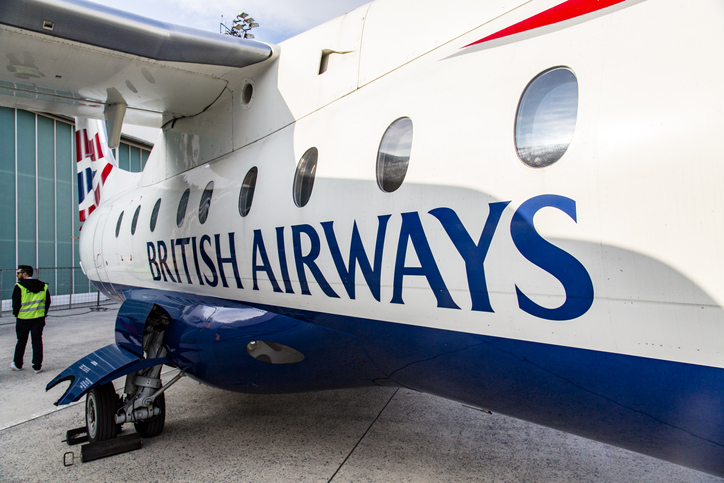British Airways owner IAG said on Thursday it had taken a hit from industrial action from pilots at the airline, knocking profits in its third quarter and reiterating a lower outlook for the year.
The group said that the action by pilots at BA, together with other disruption, resulted in a hit to operating profit of 155 million euros ($173.03 million) in the three months to September 30.
British Airways pilots went on strike for 48 hours last month, grounding 1,700 flights in a dispute between pilot union BALPA and the airline over pay.
The pilot walkout was the first in the airline’s history. No further strike dates have been scheduled, but the union said it retained the right to announce more.
IAG has also faced disruption at airports. Strikes by ground staff at its Iberia airline, which also serve its Vueling brand, have disrupted flights in Barcelona.
Chief Executive Willie Walsh said threatened industrial action by Heathrow staff had also had an impact, even though those August strikes did not go ahead.
Walsh said that disruption aside, IAG had posted good underlying results, but did not specify a timetable for the resolution of the BA dispute.
“We don’t give a commentary on ongoing issues like that, so when we have something to report, we will update the market,” Walsh said.
IAG posted third-quarter operating profit of 1.4 billion euros ($1.56 billion), in line with analyst consensus.
The group said it expects its 2019 operating profit before exceptional items to be 215 million euros lower than 2018, reiterating a September profit warning.
Analysts at RBC said that the pilot dispute could overshadow holiday trading at Christmas.
“Until BA’s dispute with its pilots is… settled there is scope for further material disruption and subsequent profit downgrades (over) the key Christmas travel period,” RBC said in a note, though it added that a “lack of new strike date announcements is encouraging”.
IAG shares opened slightly lower but recovered to trade flat by 0821 GMT, outperforming a 6% slump in Air France-KLM .
Air France-KLM said demand for air travel was slowing, in part due to “a number of crises around the world” including disruption from protests.
Walsh played down the impact of protests on demand but said that the state of the global economy was weak.
“We think the general macro economic environment has softened in 2019 relative to 2018, and that’s the view we’re taking on 2020,” Walsh said, adding that all airlines flying to Hong Kong had been affected by the protests there.
“Other than that, there hasn’t really been any noticeable change in trends and patterns that we’d previously seen.”






